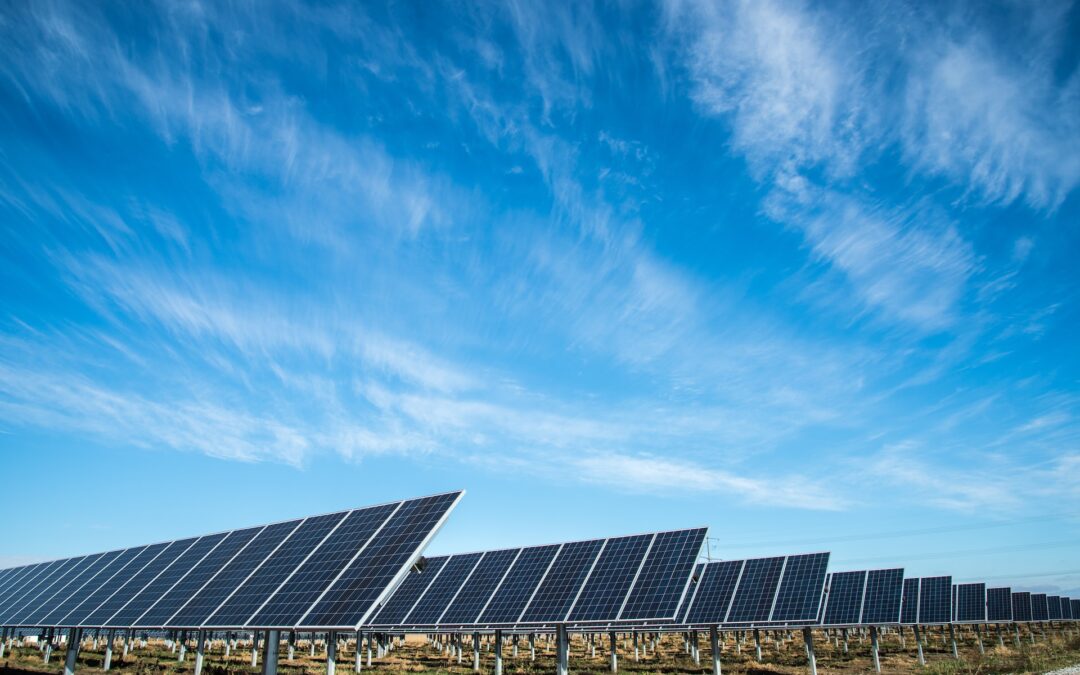Nestled between the Caspian Sea and the Caucasus Mountains, Azerbaijan is a country rich in cultural heritage and abundant natural resources. As the demand for energy grows globally, Azerbaijan has taken significant strides in energy management, positioning itself as a pioneer in sustainable and renewable energy solutions. In this article, we will explore how this nation is harnessing its potential for a greener and more sustainable future.
- A Legacy of Energy Riches
Azerbaijan’s energy sector has historically relied on its vast oil and natural gas reserves, making it an essential player in global energy markets. However, as the world grapples with climate change and environmental concerns, the nation is shifting its focus towards sustainable and renewable energy alternatives.
- Embracing Renewable Energy Sources
Azerbaijan is blessed with a diverse range of renewable energy sources, including solar, wind, and biomass. These resources hold tremendous potential for sustainable electricity generation, reducing greenhouse gas emissions and contributing to the country’s climate change mitigation efforts.
- Solar Energy: With approximately 250 sunny days a year, Azerbaijan’s solar energy potential is considerable. The government has initiated several solar projects, including the Gobustan Solar Park, to harness this abundant resource.
- Wind Energy: The country’s favorable geographical location offers significant wind energy potential, especially along the Caspian Sea coast and in high-altitude regions. Wind farms such as the Pirallahi Wind Power Plant are actively contributing to Azerbaijan’s renewable energy capacity.
- Biomass Energy: Azerbaijan’s agricultural industry generates substantial biomass, making it an ideal feedstock for renewable energy production. Biomass power plants offer a sustainable solution for meeting the nation’s energy needs while promoting waste-to-energy conversion.
- Sustainable Policies and Initiatives
Azerbaijan’s government recognizes the importance of sustainable energy management and has implemented several policies and initiatives to foster its growth.
- National Renewable Energy Action Plan (NREAP): Launched in 2012, this plan sets ambitious targets for increasing the share of renewable energy in the national energy mix.
- Feed-in Tariffs (FiTs): To encourage private investment in renewable energy projects, the government has introduced FiTs, guaranteeing a fixed payment for energy produced from renewable sources.
- Green Building Initiatives: Azerbaijan is also making strides in sustainable building practices, encouraging energy-efficient designs and renewable energy integration in construction projects.
- International Collaborations
Azerbaijan recognizes the importance of international cooperation in achieving its sustainable energy goals. The country actively participates in regional and global initiatives, sharing knowledge, and collaborating on renewable energy projects with neighboring countries and international organizations.
- Challenges and the Road Ahead
While Azerbaijan has made remarkable progress in adopting sustainable energy practices, several challenges lie ahead:
- Investment: Shifting to renewable energy requires substantial financial investments. Attracting private investors and securing funding for large-scale projects can be a complex task.
- Infrastructure Development: Upgrading the existing energy infrastructure to accommodate renewable sources is crucial to ensuring a stable and reliable energy supply.
- Public Awareness: Raising awareness about sustainable energy and its benefits is vital for encouraging individual and community-level support for renewable energy projects.
Azerbaijan’s journey towards sustainable and renewable energy management showcases its commitment to a greener future. By leveraging its diverse renewable energy resources and implementing forward-thinking policies, the nation has positioned itself as a role model in the region. With continued efforts, international collaboration, and public support, Azerbaijan is well on its way to achieving a sustainable energy future, setting an example for others to follow.



